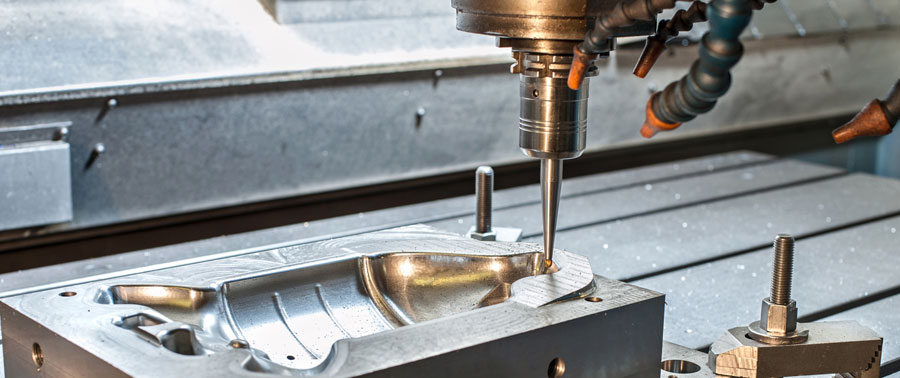Introduction
In today’s fast-paced world, innovation is the key to success. Companies around the world are constantly striving to develop new and improved products that can capture the market and meet the ever-changing needs of consumers. One crucial step in the innovation process is creating a prototype, which allows designers and engineers to test their ideas and make necessary modifications before moving forward with production. In this article, we will explore the significance of aluminum prototypes and how they contribute to the advancement of innovation.
The Importance of Prototyping
Prototyping plays a vital role in product development as it allows designers to transform their ideas into tangible objects. It provides an opportunity to evaluate the functionality, aesthetics, and manufacturability of a product, helping to identify any design flaws or improvements that need to be made. Through prototyping, designers can gather valuable feedback from stakeholders and potential customers, which can guide them in making necessary modifications and enhancements. Furthermore, prototypes can be used for marketing and investor presentations, showcasing the potential of the product and generating interest and support.
The Role of Aluminum in Prototyping
When it comes to prototyping, aluminum has become a popular choice of material due to its versatility and numerous benefits. Aluminum is lightweight, yet strong, making it ideal for creating functional prototypes that can be easily handled and tested. Its excellent thermal conductivity allows for efficient heat dissipation, making it suitable for prototypes that require temperature control. Aluminum is also corrosion-resistant, ensuring the durability and longevity of the prototype. Additionally, aluminum is highly machinable, enabling designers to create complex shapes and intricate details with precision.
Advantages of Aluminum Prototypes
There are several advantages to using aluminum for prototyping purposes. Firstly, aluminum prototypes are cost-effective, especially when compared to other metals such as steel or titanium. The lower material costs make aluminum prototypes more accessible to a wider range of companies, including small and medium-sized enterprises. Secondly, aluminum prototypes can be produced relatively quickly, allowing for rapid iterations and faster time-to-market. This agility is crucial in today’s competitive business environment where being the first to market can make all the difference. Lastly, aluminum prototypes can be easily modified, repaired, or recycled, minimizing waste and promoting sustainability.

Applications of Aluminum Prototypes
Aluminum prototypes find applications in various industries, ranging from aerospace and automotive to electronics and consumer goods. In the aerospace industry, aluminum prototypes are used to test and validate the aerodynamic and structural properties of aircraft components. In the automotive industry, aluminum prototypes enable designers to evaluate the performance and efficiency of various vehicle parts, such as engine components, chassis, and body frames. In the electronics industry, aluminum prototypes are utilized to develop and optimize electronic devices, ensuring functionality and reliability. Lastly, aluminum prototypes are also employed in the consumer goods industry to create innovative and ergonomic products that enhance the user experience.
Conclusion
Innovation is the driving force behind progress, and prototyping is an essential step towards achieving that. Aluminum prototypes have emerged as a valuable tool in the innovation process, enabling designers to transform their ideas into reality. The versatility, strength, and affordability of aluminum make it an ideal choice for prototyping purposes. As technology continues to evolve, the demand for aluminum prototypes will only rise, contributing to the advancement of innovation and the development of groundbreaking products. By embracing aluminum prototyping, companies can stay ahead of the competition and create products that truly resonate with consumers.
-

- Carcasa de motor de montaje medio de vehículo eléctrico de fundición a presión de aleación de magnesio
-

- Horquilla rígida de aleación de magnesio para bicicleta, piezas de metal de fundición a presión personalizadas
-

- Wholesale Magnesium Alloy Baby Cycle For 3 To 5 Years Old 12 Inch Kids Cycle OEM Cheap
-

- Piezas y componentes de magnesio para tixomoldeo, placa intermedia para teléfono móvil
-

- Soporte de tablero automático de mecanizado CNC
-

- Componentes de tixomoldeo de magnesio de alta precisión cubierta de la carcasa del portátil A

 0086-750-5616188
0086-750-5616188 +86 13392089688
+86 13392089688 sales@zhongmei-tech.com
sales@zhongmei-tech.com







